
An accomplished composer, performer, and advocate for the arts, Du Yun defies expectations or categorization. “I’m not good at following rules,” she laughs.
Du Yun describes her work as a musician and composer as all-consuming, driven both by her innately curious temperament and the physical aspects of making music. She recalls an early fascination with a pump organ at her pre-school, and the combination of movement, machinery, and artistry required to generate sound and music. This specific alchemy has remained a constant driver in Du Yun’s creative process.
“I love this visceral, physical corporeality when I engage with music,” she says. “Even if I’m not on stage, I can touch the music.”
Music as an early pursuit
At the age of 4, Du Yun asked for a piano, and for music lessons. Her parents—both factory workers in Shanghai—let her know they would be willing to make the financial sacrifices necessary to support her pursuit of music, but that such sacrifice would require Du Yun’s commitment and dedication. Du Yun didn’t hesitate. Her parents sold heirlooms so that they could purchase a piano and metronomes; Du Yun began taking music lessons, and practiced eight hours every day.

This tenacity has characterized Du Yun’s work, and has served as an infrastructure in all aspects of her career. Du Yun insists that her talent is not innate but has come from years of work—her own, and that of her family. “To be an artist is such a privilege,” she says. “So many people worked so that you can do the thing that you want to do.
Survival instinct drives momentum
Du Yun acknowledges the parallels between these early experiences and the experiences of many immigrants in the United States. “If you can’t have a plan B, you must survive,” she says. “Survival instinct kicks in. You must move forward. You can’t think of things that don’t work as a failure; you just have to do it again.”
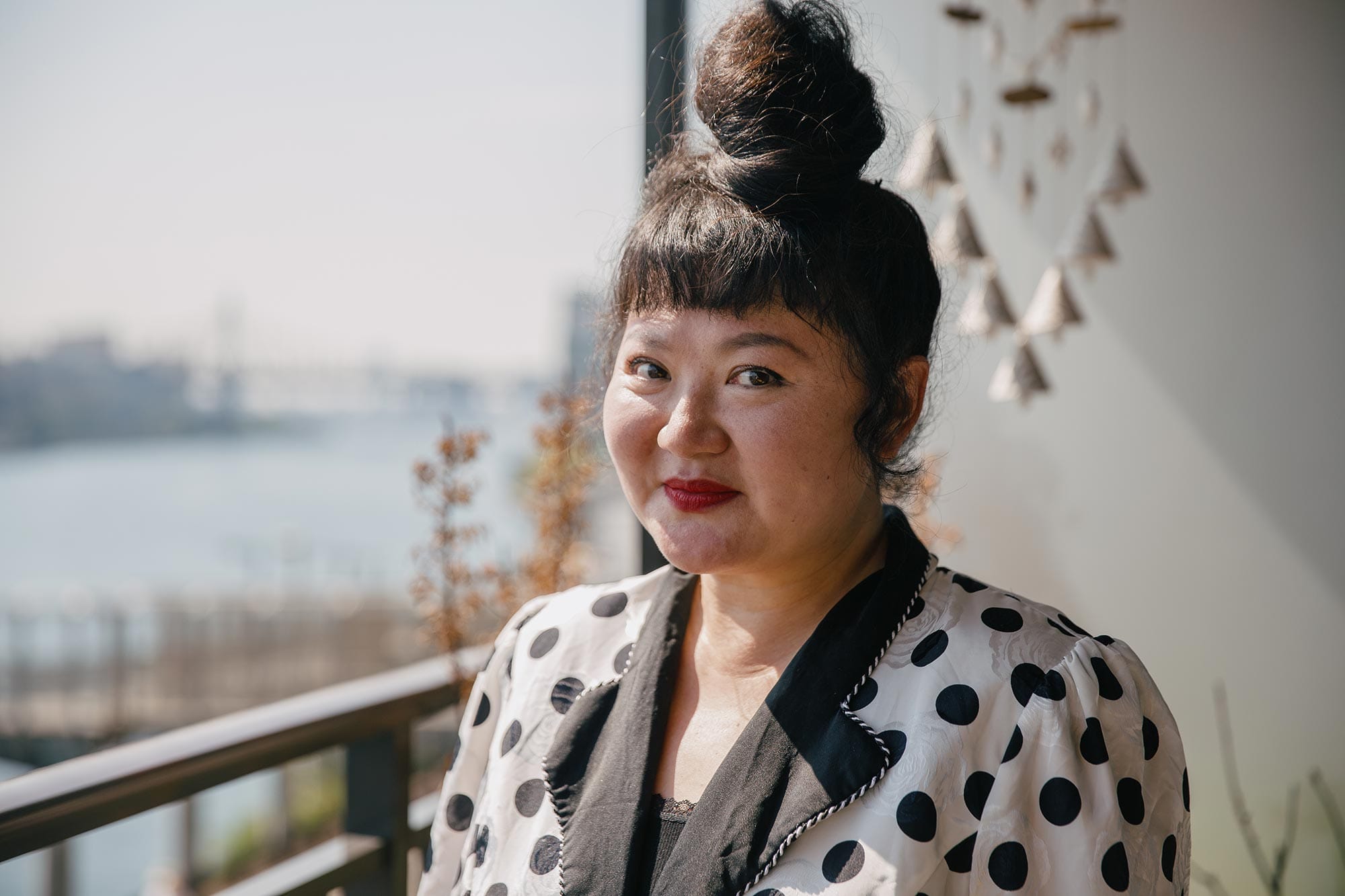

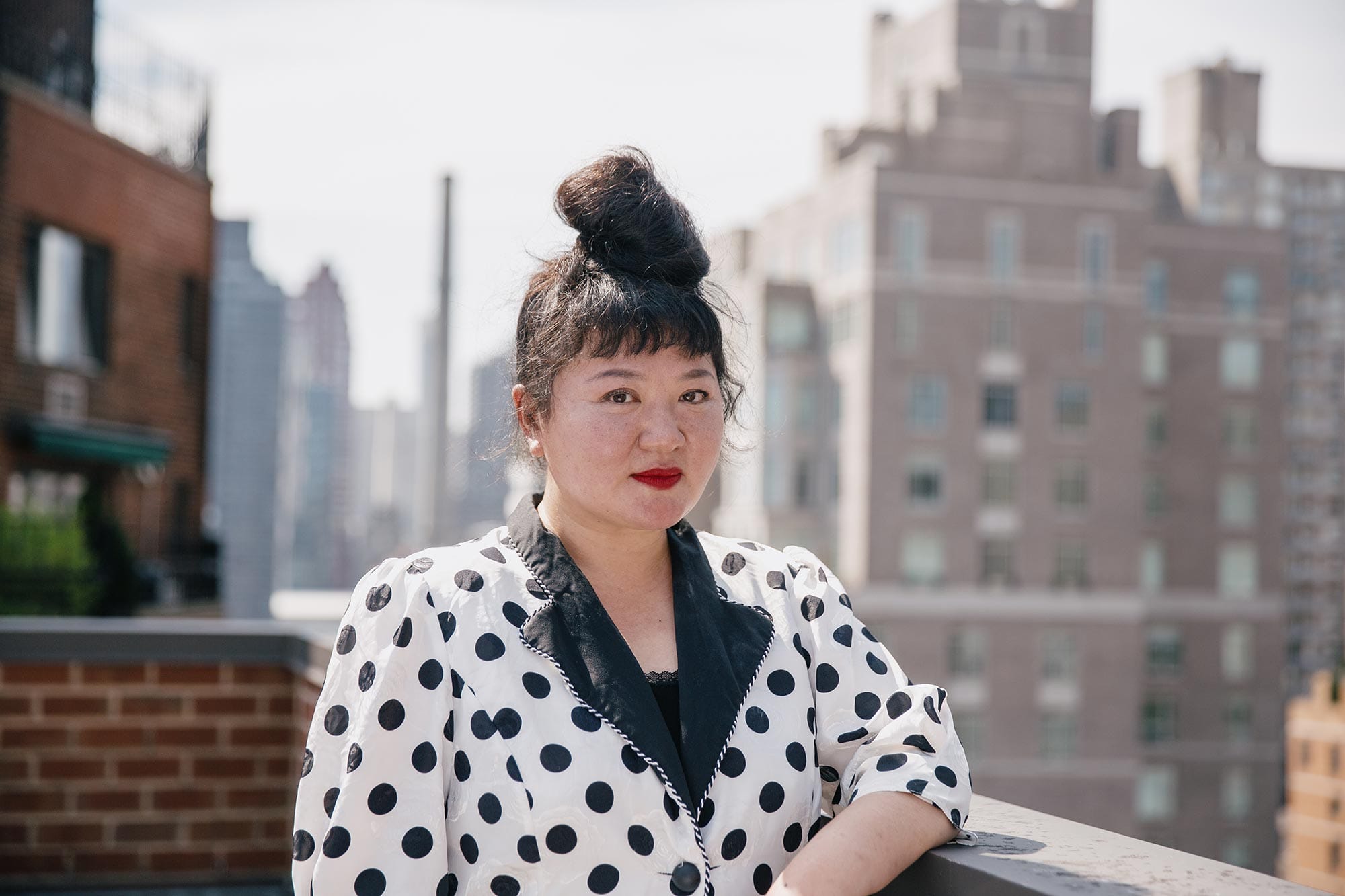
Du Yun is constantly working, building, writing, creating, and working to enable other artists to do the same. Her debut opera, Zolle, marked the International Contemporary Ensemble’s first opera production, and her collaborations and engagements with institutions around the globe have brought her from Berlin to Sri Lanka to Los Angeles and New York.
Music as cultural entry point
Du Yun rejects platitudes and clichés about music. She emphasizes that music isn’t—in and of itself—an innate language or mode of communicating or connecting with others. Rather, music—like language—can be an entry point for understanding other people’s psyche, experiences, culture, and background. Through self exploration and expression, artists share themselves and their experiences with the world, and create a record of human experience.

It is this desire to record the human experience and to explore universal themes that is a driving force in Du Yun’s curatorial projects. In 2018, she launched the Pan Asia Sounding Festival to present new works on the cutting edge of contemporary performance by Asian artists. The purpose of the festival was to shatter Western presentations of Asian artists by focusing on the manifold nature of Asian artists—present and future.
“Culture is an ever-evolving state of mind,” says Du Yun. “The idea of who you are should always evolve.”
Related News
Juan Pablo Contreras composes classical music with the sounds of Mexico
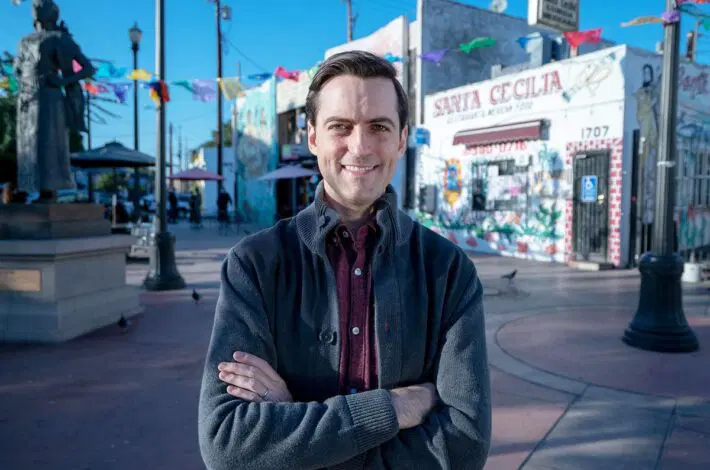
Ruby Ibarra: “Language is a form of survival”
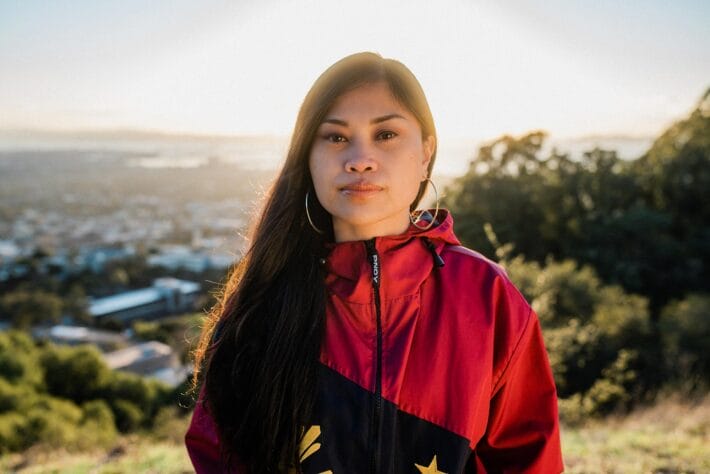
$350,000 in Vilcek Foundation Prizes Awarded to Immigrant Musicians
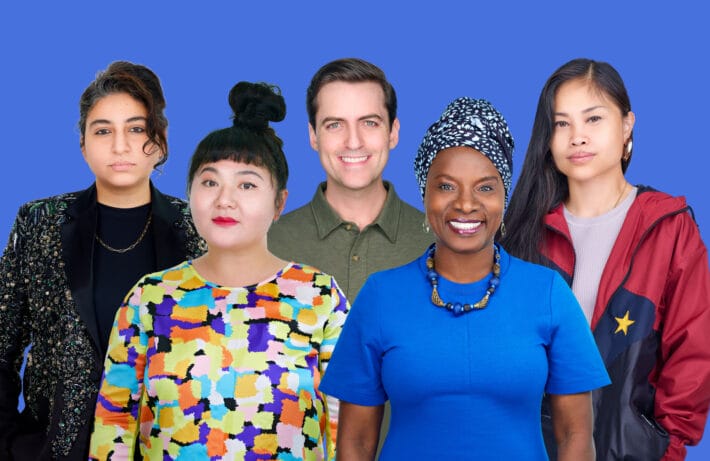
You may also be interested in
Du Yun
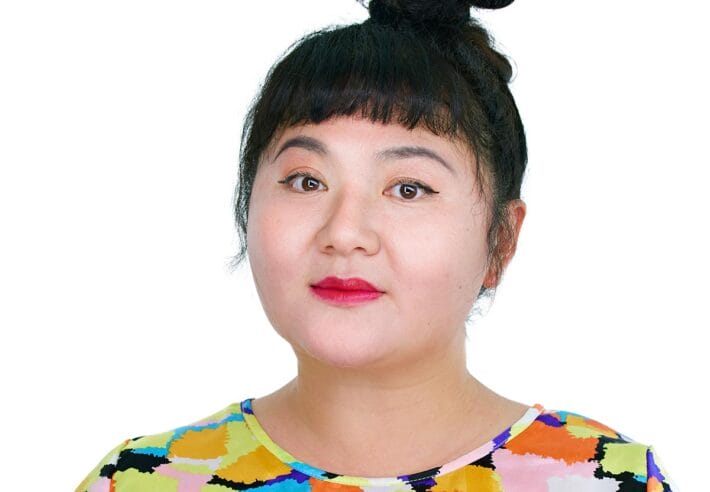
Juan Pablo Contreras

Yo-Yo Ma
